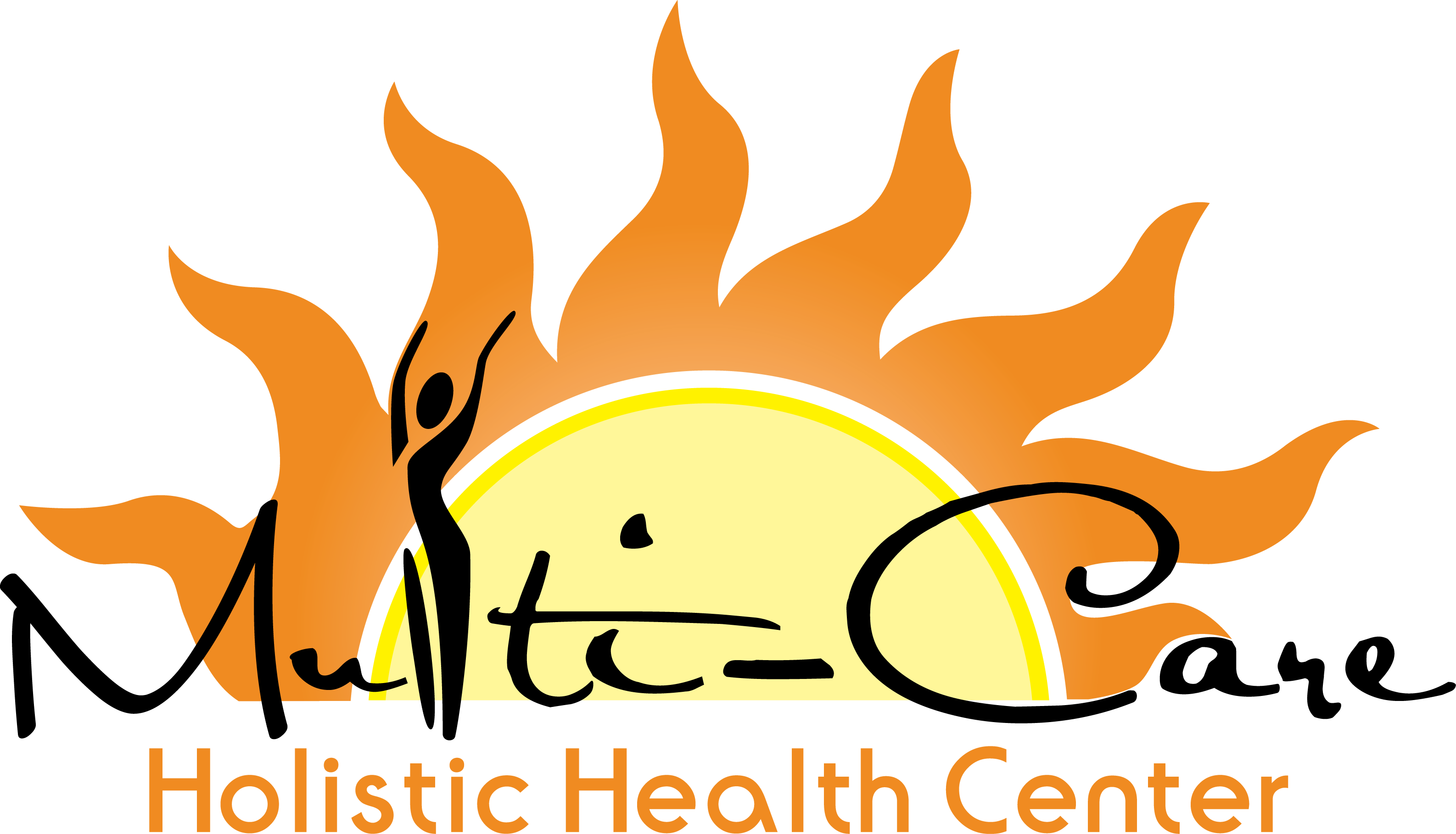Food Allergy Testing
Do you have unresolved symptoms that you wonder may be due to a certain food you are eating? Do you feel tired or get a headache after you eat? Suffer with stomach problems? Do you have skin issues like unexplained rashes or hives? Do you have unexplained fatigue? If so, you may be suffering with a food allergy or sensitivity. About 50% of the population suffers from some type of unknown food allergy or sensitivity and have no idea that it’s causing their health problems. Here at Multi-Care Holistic Health Center we offer food allergy and food sensitivity testing. We can discover any hidden food allergens that may be affecting you and your health! Contact us today for more information.
WHAT ARE THE SIGNS AND SYMPTOMS OF A FOOD ALLERGY?
Food allergy symptoms can vary from mild to severe, the most common are:
- Gastrointestinal like stomach pain and diarrhea or nausea and vomiting
- Skin symptoms like rashes, hives or itching
- Breathing Issues
- Tingling lips and mouth
- Tingling limbs
- Swelling in the face
- Wheezing or coughing
- Throat tightening
- Rapid pulse
- Fainting or loss of consciousness
- Anaphylaxis
- And more
Reactions to a food allergy usually occur immediately or within 2 hours or less of the food being consumed and generally experience symptoms rapidly. Food allergies can cause serious symptoms and be life threatening like impaired breathing and in cases of nut or shellfish allergies, anaphylaxis can occur. With immediate food reactions, you will almost always experience an allergic response.
WHAT ARE THE MOST COMMON FOOD ALLERGIES?
Many types of foods can cause food allergies but there are 8 most common foods that cause 90% of food allergy reactions in the United States. These common foods are eggs, milk, wheat, soybeans, peanuts, tree nuts, fish and shellfish. Some of these can cause severe reactions and even anaphylaxis which is life threatening.
WHAT’S THE DIFFERENCE BETWEEN A FOOD ALLERGY AND FOOD SENSITIVITY OR INTOLERANCE?
The main differences between food allergies and food sensitivities are allergies are developed from infancy and are far less common than sensitivities. Food allergies produce immune reactions immediately up to 2 hours of the consumption of the offending foods. Unfortunately, true food allergies tend to persist and can be lifelong.
Food sensitivities are developed at any age and are very common and the majority of the population suffer with them. Generally, sensitivities take up to 72 hours after consumption for the body to display a reaction. The reaction is much less severe than an allergy and show different symptoms. The good news is that food sensitivities or intolerances can clear up after following a proper food elimination diet.
WHAT ARE THE SIGNS AND SYMPTOMS OF A FOOD SENSITIVITY OR INTOLERANCE?
Food sensitivities or intolerances happen gradually and can take up to 72 hours to react. This type of reaction is not life threatening but can contribute to many health problems such as:
- IBS
- Headaches and migraines
- ADD/ADHD
- Skin conditions like psoriasis and eczema
- Chronic ear infections
- Rhinitis
- Stomach issues
- Brain fog
- Joint pain
- Inability to lose weight
- Depression and anxiety
- and more
WHAT ARE THE MOST COMMON FOOD SENSITIVITIES OR INTOLERANCES?
The most common food sensitivities or intolerances come from dairy, gluten, nuts, seeds, yeast, soy, caffeine, sugar, citrus fruits, eggs, nightshade vegetables like tomatoes, peppers, eggplant and potatoes, processed foods, additives and preservatives, artificial colors and more. Food sensitivities or intolerances can be reintroduced into the diet where food allergies can not.
WHAT ARE FOOD ALLERGENS?
Food allergens are basically a normal harmless food substance that can cause an allergic reaction. Proteins in food can cause the immune system to overreact in certain individuals as well as certain food additives.
HOW ARE FOOD ALLERGIES TREATED?
The best way to treat food allergies is avoidance of the reacting foods, but if a severe reaction does occur there are medicines that are used to reverse the allergic response such as Epinephrine (adrenaline), and for less severe reactions antihistamines and corticosteroids are typically used.
Here at Multi-Care Holistic Health Center we get the best results when treating food sensitivities by using a special food elimination diet that is customized for our patients. We offer several food allergy and sensitivity tests from a leading laboratory that specializes in allergy and immunology testing using high quality state of the art technology. Our doctors will decide which test is best for you and when ready you will receive your results with a full explanation packet of any offending foods and your custom elimination diet. We may also recommend certain nutraceuticals or supplements that will aid in your journey to improve your food allergies or sensitivities and lead to a higher quality of life.

One Simple Test Saved Me
"Love the holisitic approach but was skeptical. I suffered from chronic acid reflux for 15 years. All the medical doctors wanted to do was give stronger & stronger medicine to no avail, & test after text which turned which turned up nothing.
One simple blood test from Multi-Care and amazingly they discovered my food allergies were causing the problem. The test probably saved me from getting esophageal cancer.
Thank you Dr. Johnson. Don't wait. Take control of your health."
-Patrician B.
